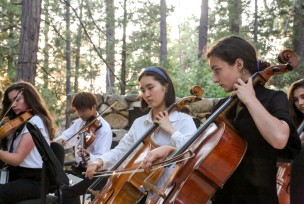Summer
Discover the magic of an Idyllwild Arts summer, where students of all ages and abilities explore their bottomless creativity and build lifelong friendships with other passionate artists in a welcoming camp environment. Our engaging workshops and masterclasses are taught by renowned teaching artists, helping students simultaneously build skill and confidence.
Registration for Summer 2024 is NOW OPEN for Kids, Teens, and Adult Programs!
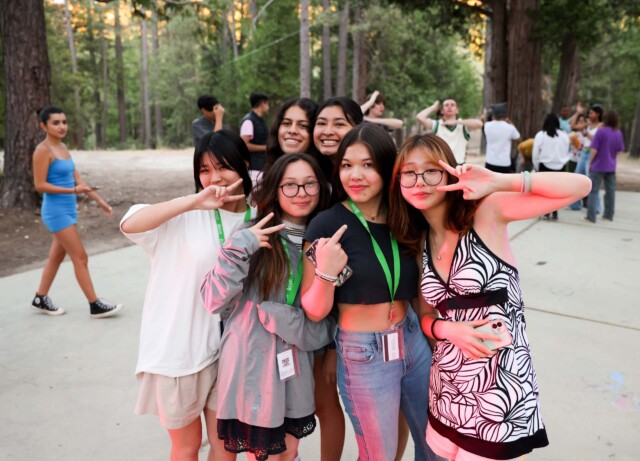
Overview
The Idyllwild Arts Summer Program offers unique opportunities for adults, teens, and children. From high school intensive workshops, to kids camp, to adult workshops and programs, there is an amazing experience for everyone to develop and grow as an authentic artist. There is something for everyone here to build skills, hone a craft, and get detailed technical instruction and personal attention to individual artistic needs. Join our community of Idyllwild Artists and let your spirit soar.
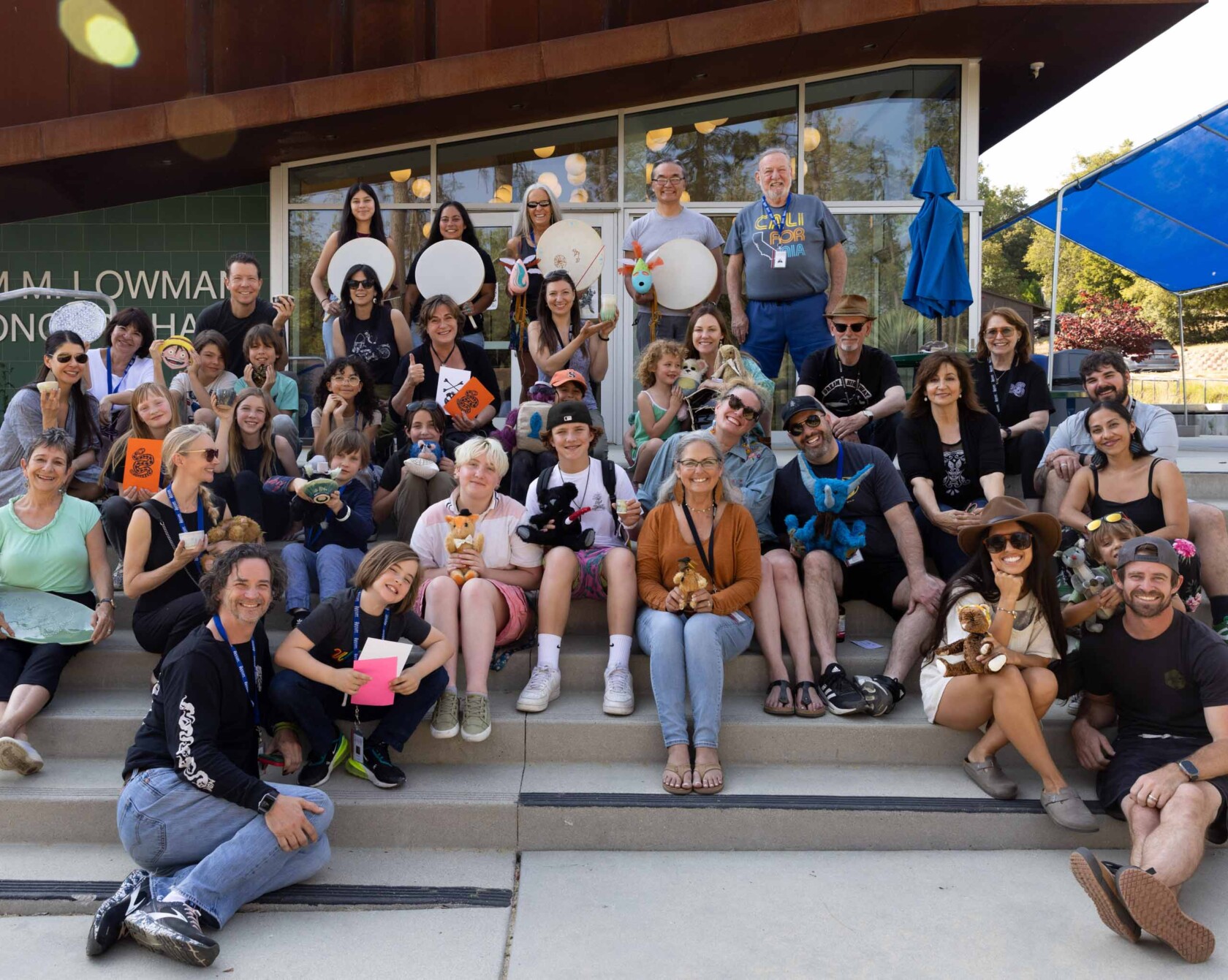
Kids Programs
Engaging offerings for young artists (ages 5-13) provide a nurturing environment for children to explore creativity and performance. Working in small class sizes to ensure personal attention, experienced youth educators provide technical instruction balanced with strong encouragement and inspiration, sparking students to discover the joy of self-expression.
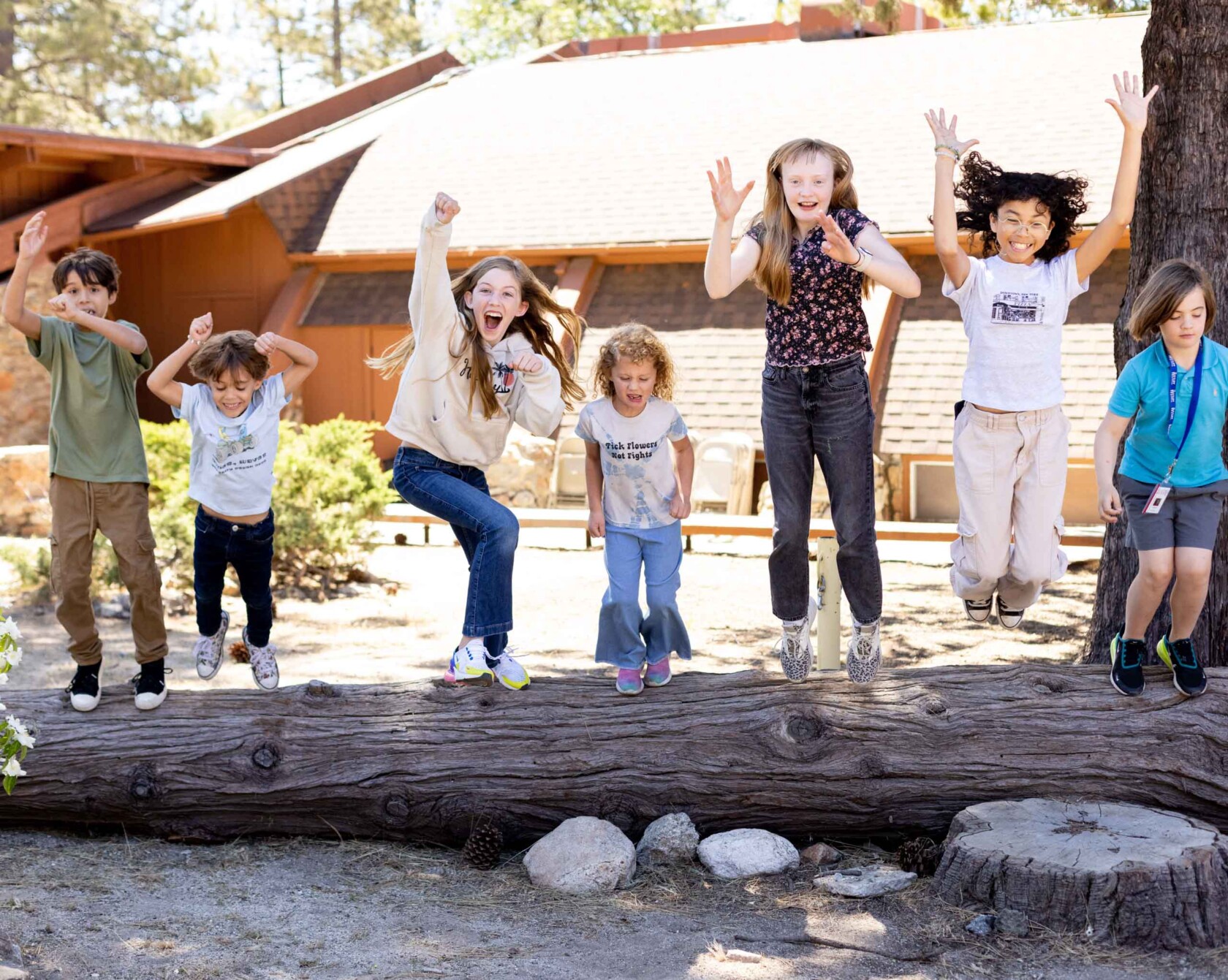
Teens Programs
Immersive High School Intensives and Workshops (Ages 13-17) provide focused and enriching hands-on experiences for students of all levels of ability to channel their creative spirit. In this supportive environment, students are challenged to build skill and confidence while emphasizing educational values, personal values, and achievement.
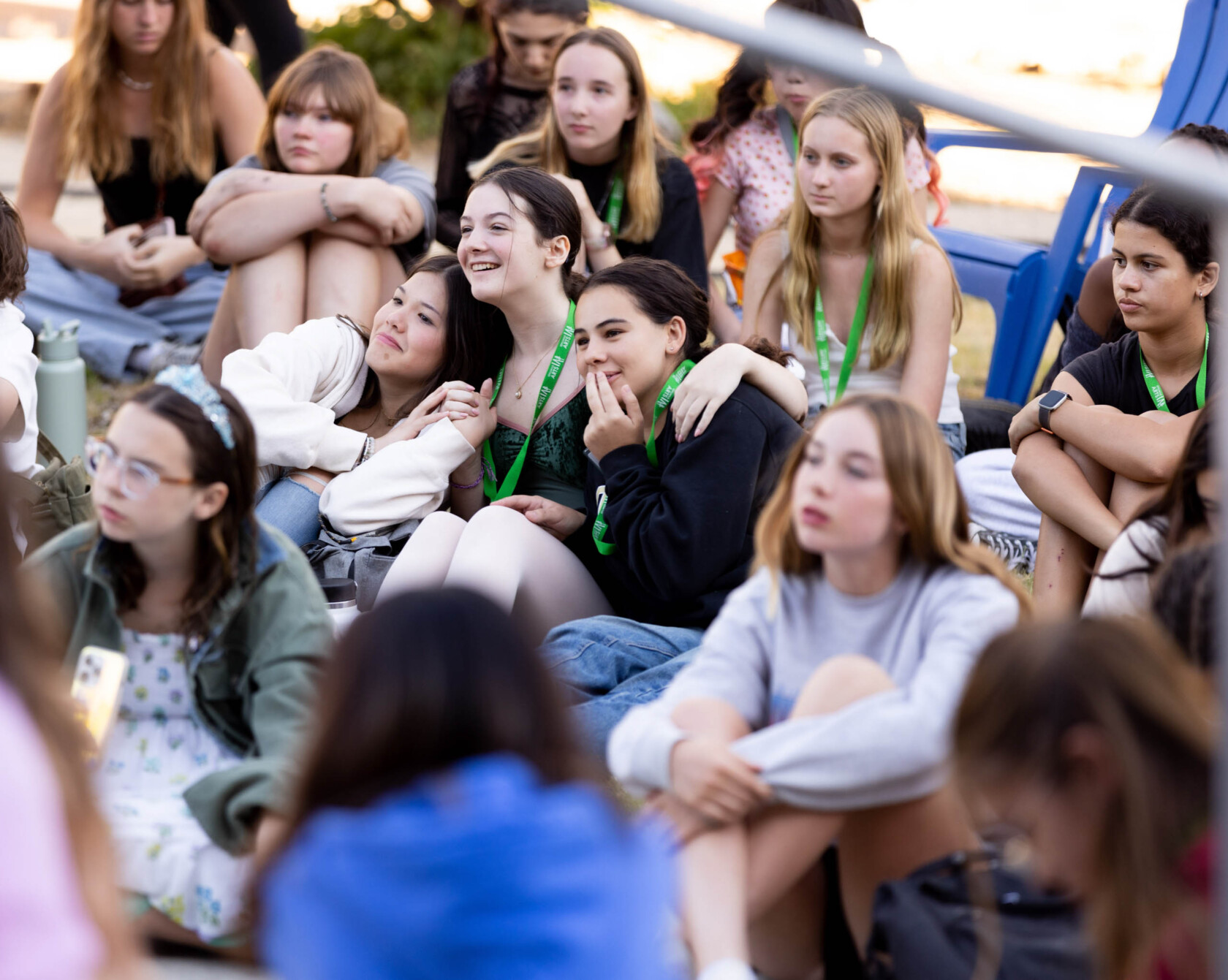
Adult Programs
Adult Art Workshops at Idyllwild Arts promise an unforgettable creative journey in an immersive environment that strikes the perfect balance between intensity and relaxation. Ignite your artistic passions and hone your talent with the help of our professional artist faculty, who provide detailed technical instruction and personalized attention for each student in our supportive community of creatives.
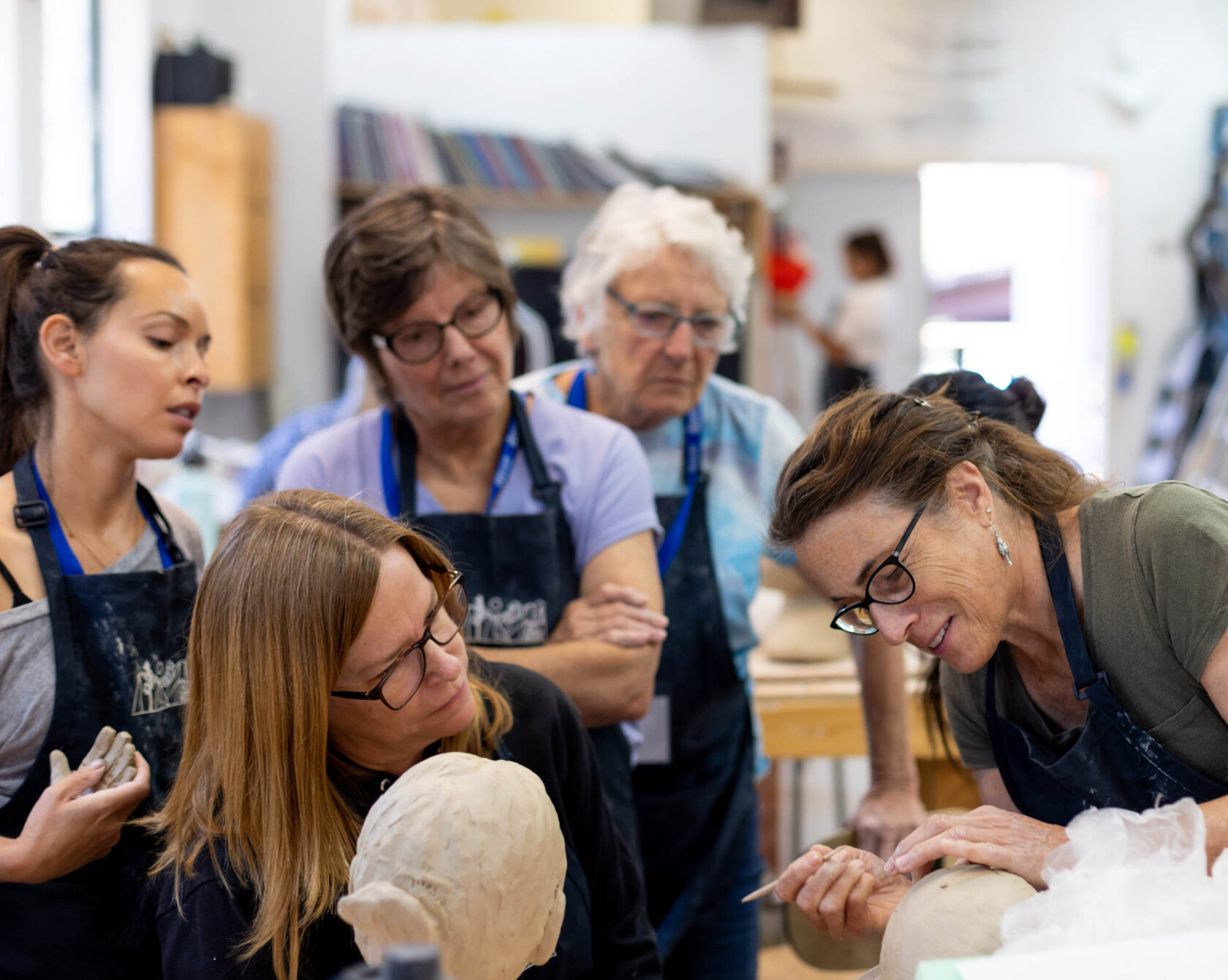
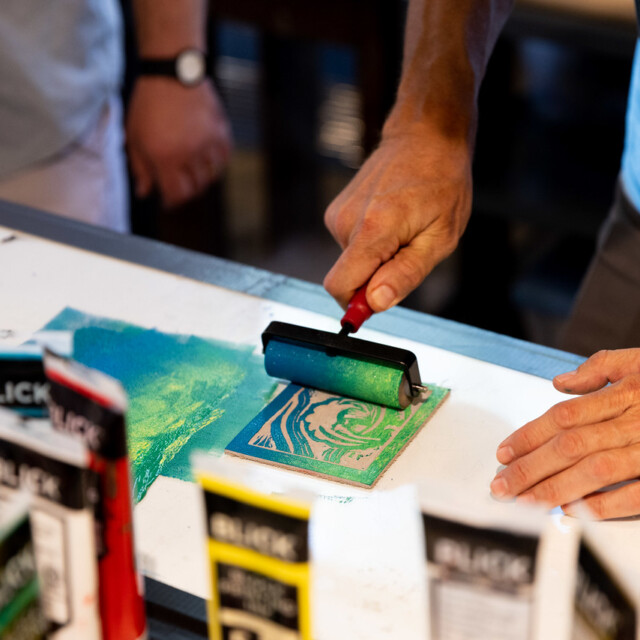
Arts
Idyllwild Arts is a sanctuary where art and discovery coexist. Our eight art majors are woven into our summer program offerings and structured to support each individual’s personal creative journey. Explore Visual Arts, Native American Arts, Fashion Design, Music, Dramatic Arts, Film & Digital Media, Dance, and Creative Writing.
Our Location
Located at an elevation of over 5,000 feet on the western slopes of Southern California’s San Jacinto Mountains, the village of Idyllwild is renowned for its rich arts culture, as well as its stunning natural beauty. The Idyllwild Arts campus is located only 2 miles from the center of town, which offers restaurants, specialty shops, art galleries, and more.
Set amid towering alpine forests, majestic mountains, and tranquil meadows, the town of Idyllwild offers a peaceful setting remote from urban distractions, yet only a short driving distance from major metropolitan areas and major airports including Los Angeles, Orange County, San Diego, and Palm Springs.
When driving to Idyllwild, please be prepared for curvy and scenic mountain roads. Click the guide below for directions, lodging options, and other general visitor information.
